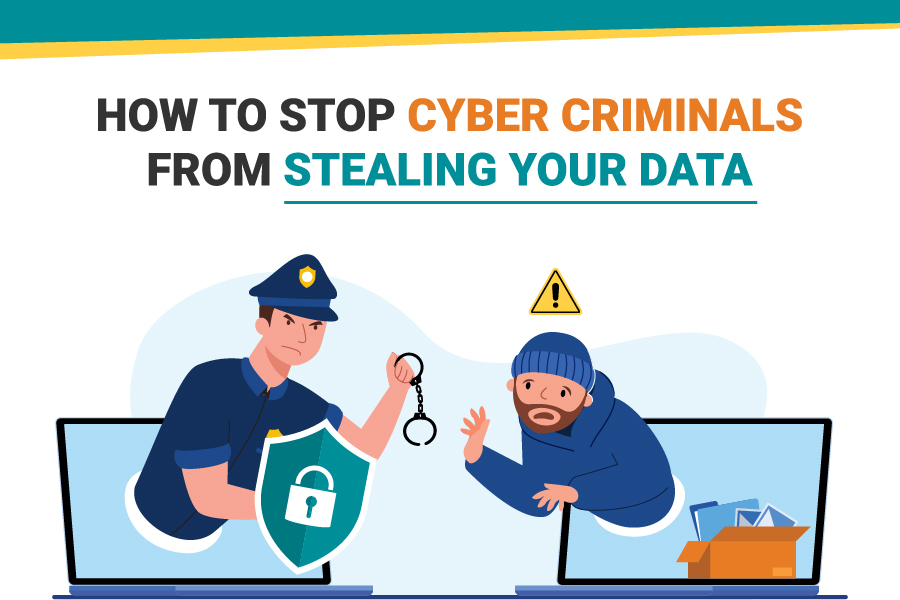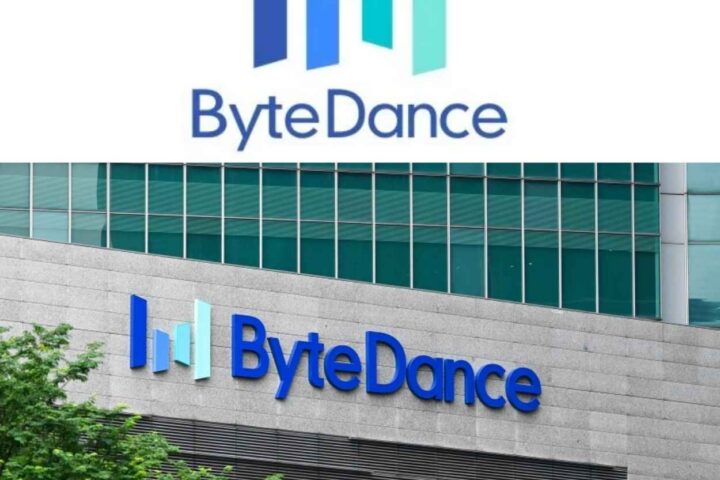Data security is vital for every business today as most companies are slowly moving their functions online.
To be successful in the IT age, a business must have an online presence. But much like an offline store is vulnerable to robbery, cybercriminals can also compromise an online store.
Phishing and malicious sites have seen an increase of 27% from January 2020 to January 2021.
The ever-increasing number is an alarm for most business owners, which is why they must know how to counter them.
But, before delving into the solution, let us first understand why you do need them.
Why is data security important?
Since most businesses are looking to venture online, it is obvious that they are storing their data online in databases and websites.
If security protocols do not protect those databases and domains, they are like sitting ducks for hackers.
They can easily penetrate the unsecured medium and steal all the data present in it. But, if you have security protocols that protect your website or database, like SSL security and two-factor password authentication in place, hackers cannot see or modify your data.
Thus, data security protocols are necessary for the optimum protection of your online stature.
Nine tips for stopping cybercriminals from breaching your data
1. Maintain a good password hygiene
This point is one of the most important yet the most overlooked ones.
When a hacker gets access to your passwords, stealing data from your website becomes easy.
Passwords like XYZ321 and a1b2c3 are equally vulnerable to susception as ABC123 is.
So, use a password that is at least ten letters long with at least six characters and four numbers in it.
If allowed, you can use special symbols like @ or (*) to complicate your password a bit further.
2. Create an updated schedule
While managing a business, a person rarely gets time to check on the “not so important things,” right?
Those “not so important things” can be the reason for your business’s demise one day, which is why it is strictly recommended to create an updated schedule that can help you keep your CMS and computer software updated.
Updates contain security patches that fix the loopholes in a system. If those loopholes remain unfixed then, hackers can exploit them and breach your website or computer.
So, create an updated schedule that facilitates regular checking for updates.
3. Does an SSL certificate protect your website?
SSL or Secure Socket Layer certificates are used to protect websites against cyberattacks.
SSL certificates also testify that you are an authentic business and help improve your SERP rankings.
While you are communicating with your customer, these certificates will establish a secure connection through encryption so that data gets passed in an encrypted format instead of plain text.
SSL also facilitates HTTPS (Hypertext Transfer Protocol Secure), which helps your domain score a gray padlock that testifies your credibility.
Now, security of websites along with the budget are two points that every website holder should think about. However, there are diversified SSL products available but we advise you to choose an affordable SSL certificate. The type of SSL depends upon the site’s structure. Direct certificate authorities and resellers are there who pass a huge discount on every purchase of an SSL. It is a wise decision to buy SSL certificate from CheapSSLShop for your website if you haven’t already.
4. Don’t reveal everything on social media.
Social media allows you to express your personal life to the world but sharing too much information can be catastrophic.
Hackers know that the best way to know about your interests, beliefs, and credentials is through social media.
Avoid revealing your pet’s, parent’s and, spouse’s name as that can help answer a few security questions quite easily.
However, if you are posting something on your Instagram, Twitter, or Facebook openly, ensure that it has nothing in common with your admin usernames, passwords, and business data.
5. Take necessary precautions
You cannot control the timing of a cyberattack, but you can undoubtedly fortify your device and home network.
VPN or Virtual Private Network is your best bet when you want to counter data interception.
A VPN network will encrypt all the data that goes out of your device until it reaches the intended receiver.
Even if a hacker manages to sneak through and tries to intercept, all he’ll be able to get is encrypted data which appears gibberish and makes no sense.
Thus, whenever you are using public Hotspots and Wi-Fi, always use a VPN to fortify your device.
6. Threats can come from inside too.
Often, we believe that threats can only come from others, but hackers can trick our employees into doing the bad stuff.
If your workforce is not trained for cybersecurity, the chances are that they can put your entire database at risk.
A worm can enter simply by clicking an unsolicited email link. Your workforce should be able to identify phishing emails and know the response protocol.
Ensure that every employee in your company from top to bottom knows what they can share and what they can’t so that they can avoid data breaches.
7. Run a company audit
Whatever looks on the outside may not be true. It is good that you trust your employees but, sometimes they can unknowingly commit mistakes that can be catastrophic.
So, the best way to deal with that is by running a company audit where every employee is examined based on how many security measures, they are taking to keep their systems safe.
Company audits can help you know the ground reality of your employees.
8. Erase useless data
If there is data stored on your website or cloud for nothing, it is better to delete it.
Especially if you are a healthcare or financial business, past and useless data is as important to be dealt with as the current data. It may contain patient information, residential address, and bank details that one cannot afford to leak.
Thus, dispose of such data with caution so that no cybercriminal can get their hands on it.
9. Keep your data backed up.
Data backups can save your day if you accidentally delete a file, need to retrieve past data, or even getting things back on track after a data breach.
Backups can help you retain customer information, important files, and data that you can use to re-establish your business and tap your customer base.
These days, data backups are prominent among all organizations, big or small.
To Conclude
There is no way to stop a cyberattack from happening; you can only prepare for it.
Security of your data in the tech-savvy world is of paramount importance.
To grow, businesses must first ensure that they are operating in a safe zone and keeping their customer data safe.
These nine tips mentioned above contain tested methods that can help you prepare for data breaches and cyberattacks.
So, follow them to help keep bad guys at bay.











